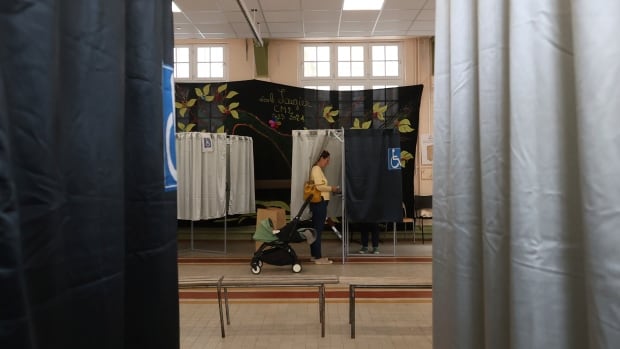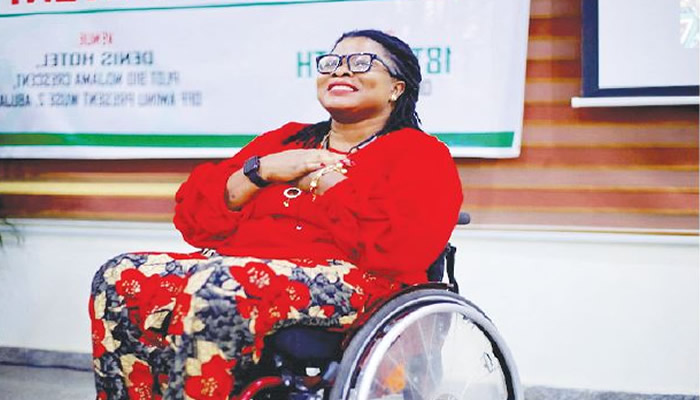France is on course for a hung parliament in Sunday’s election, early projections suggest, with a leftist alliance unexpectedly taking the top spot ahead of the far right in a potential major upset that would bar Marine Le Pen’s National Rally from running the government.
The outcome, if confirmed, will leave parliament divided in three big groups, with hugely different platforms and no tradition at all of working together.
That could potentially herald a period of instability, unless the left manages to strike a deal with other parties to work together.
The leftist alliance was forecast to win between 172 and 215 seats out of 577, according to pollsters’ projections based on early results from a sample of polling stations. These projections are usually reliable.
The result would in any case be humiliating for French President Emmanuel Macron, whose centrist alliance, which he founded to underpin his first presidential run in 2017, was projected to be narrowly in second place and win 150 to 180 seats.

But it will also be a major disappointment for Marine Le Pen’s nationalist, Euroskeptic National Rally (RN) party. The RN, which had for weeks been projected to win the election, was seen getting 115 to 155 seats.
The party is currently led by Jordan Bardella, who succeeded Le Pen as leader in November 2022.
Le Pen, daughter of the party’s founder, remains a party member and retained her seat in the National Assembly during the first-round of voting last weekend.
The first official results were expected later on Sunday, with the tallies from most, if not all, constituencies likely to be in by the end of the day or the early hours of Monday.
Macron’s prime minister to resign
Macron’s prime minister, Gabriel Attal, said Sunday that he will hand his resignation to the president on Monday. Attal was just 34 when he started in that role earlier this year.
In France, the prime minister is the head of the government, while the president is the head of state.
If the two figures are politically aligned, the French president can wield greater influence and power. But in a case where they are from opposing parties — a scenario known as “cohabitation,” which has occurred in the past — power must be shared and that relationship can become fraught.
Macron’s office said Sunday that the president would “wait for the new National Assembly to organize itself” before making any decisions about a new government.
Rivals team up to deny far right
In France’s election system, parliamentary candidates must win more than 50 per cent of votes to be declared an outright winner in the first round.
If no candidate does so, the voting heads into a second round featuring the top two vote finishers and anyone who received at least one-eighth of the ballots cast in the first round.
The National Rally led the first-round polls, followed by a group of left-wing parties and Macron’s centrists in third.

It appears voters punished Macron and his ruling alliance for a cost-of-living crisis and failing public services, as well as over immigration and security.
Le Pen and her party appeared to have successfully tapped into those grievances, spreading their appeal way beyond their traditional strongholds along the Mediterranean coast and in the country’s northern rust belt.
However, the left-wing alliance managed to edge them out of the first spot in the second round.

That was in part thanks to some limited co-operation by Macron’s centrist Together alliance and the left, designed to block the far right’s ascendancy to power.
National Rally rivals pulled more than 200 candidates out of three-way races in the second round in a bid to avoid vote splitting and to create a unified anti-RN vote.
The constitution says there can be no new parliamentary election for another year, so an immediate repeat vote is not an option.




